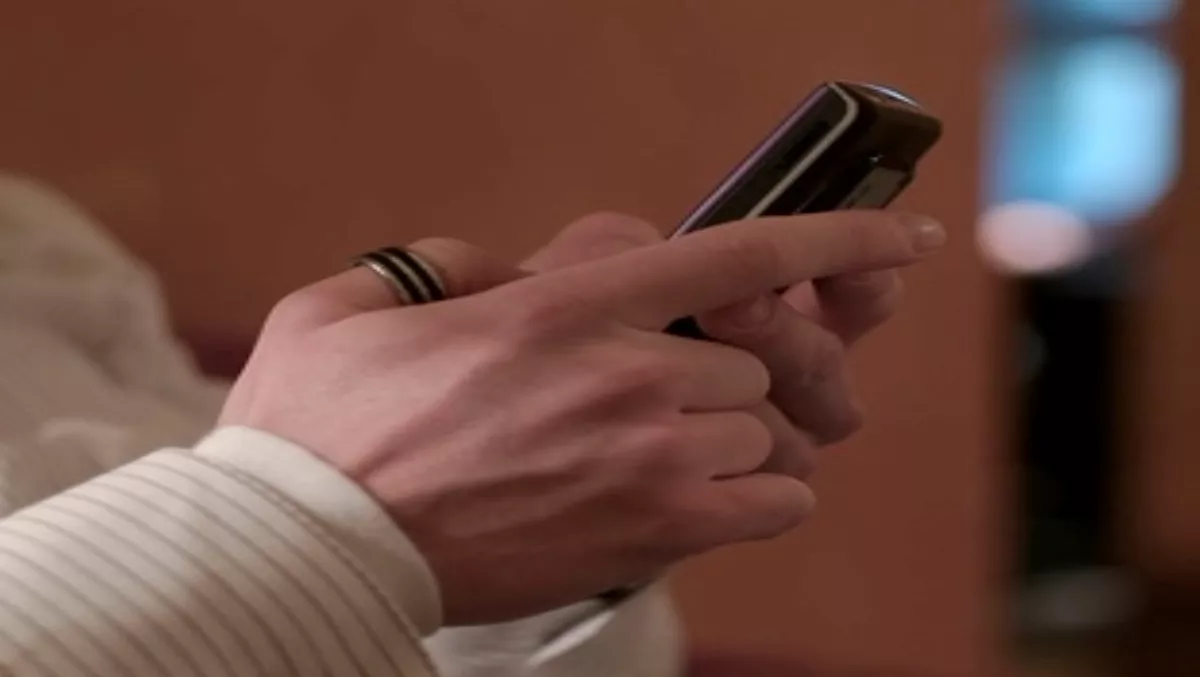
I read a brilliant report by The New York Times' Jessica Bennett about that trauma inflicting chat bubble that appears on numerous devices in our social media lives.
Her article claimed that texting actually causes anxiety, but rather than focusing on what was being texted, it claimed that waiting for the reply was the issue. The small ellipses that come within iMessage on iPhones when another person is typing, otherwise known as the typing awareness indicator, is the cause of many a break down.
Bennett’s report struck home to me, mostly because it reminded me of the time before iPhones. Before we could see if someone has seen our messages (read receipts) and before we could see if they were typing back, we would spend ridiculous amounts of time debating if someone was going to text back, if they had seen your messages, and if they were busy or if their phones were flat or if they were in the show, or if, if, if.
Now, there’s little room for the deliberation and excuses of why you are being ignored. The read receipt and chat bubble features of the iPhone have made it never more clearer about whether you are in mutual communication. Surely, this has made our lives easier, right?
Apparently not. From Bennet’s article, “the three dots shown while someone is drafting a message in iMessage is quite possibly the most important source of eternal hope and ultimate letdown in our daily lives. It’s the modern-day version of watching paint dry, except you might be broken up with by the time the dots deliver.” Maryam Abolfazli, a writer in Washington who has tackled the topic.
I have been witness to many a meltdown from friends who have problems with people ignoring their messages. Something I thought we could pack away with the rest of our early 20s neuroses. But the more social media and texting become our leading way to communicate, this anxiety will never go away. At least before the bubbles and the read receipts, you could make up any scenario to make yourself feel better. Now you have to come to the conclusion that they’re Just Not That Into Your Text a lot more quickly.
The obvious argument to this theory is that not everyone is as obsessed with their phones as those of us who suffer from the bubble anxiety. And those who don’t have iPhones and haven’t experienced the chat bubble probably aren’t suffering either. Lucky them.
This theory is putting huge weight to the power of a text message, but that little grey bubble holds many ransom, and I would hate to think that there are some who use it for trickery.
